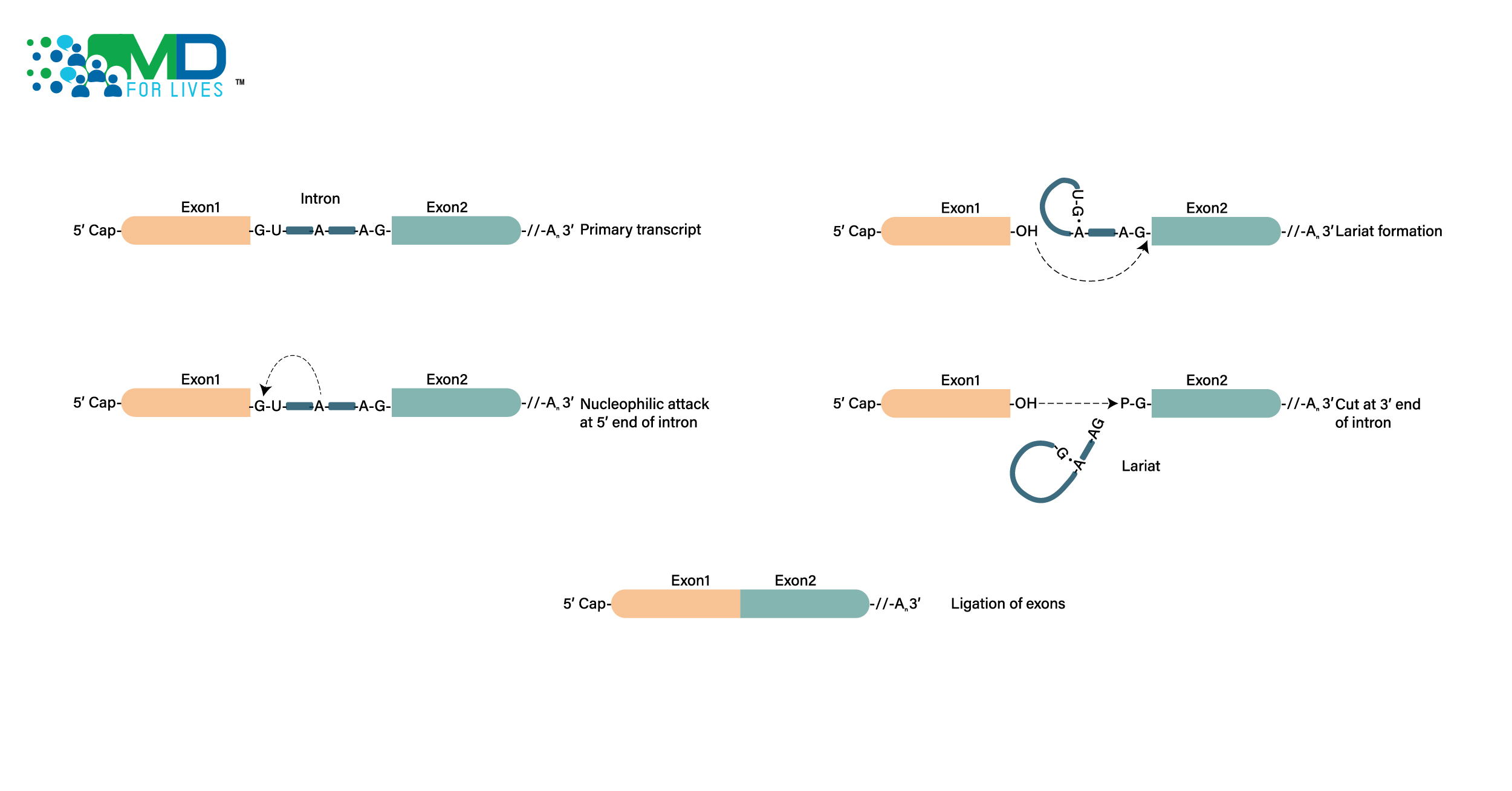When it comes to appendicitis treatment, surgery has long been considered the gold standard. Most patients undergo an appendectomy, a procedure to remove the inflamed appendix, because it effectively prevents the risk of rupture and future complications. However, in recent years, doctors and researchers have been exploring less invasive alternatives. Interestingly, some patients with appendicitis have been successfully treated using antibiotics alone, without surgery. This non-surgical approach has gained more attention, particularly in Europe, where several studies have suggested that antibiotics can be a safe and effective option for certain patients. Still, this idea remains quite controversial; after all, skipping surgery could mean a higher chance of recurrence or complications later.
To better understand this, researchers conducted a large, randomized trial known as the Comparison of Outcomes of Antibiotic Drugs and Appendectomy (CODA) study. Involving over 1,500 patients, the CODA study compared outcomes between those who underwent surgery and those treated with antibiotics alone. The long-term results, published in December 2021, provided valuable insights into which patients might benefit from avoiding surgery. In essence, the CODA study opened the door to a more personalized approach to appendicitis treatment, one that considers each patient’s condition, risks, and preferences before deciding whether antibiotics or surgery is the best path forward.
Appendicitis Treatment and Background
Appendicitis is a medical emergency that involves inflammation of the inner lining of the vermiform appendix, which can quickly spread to the rest of the organ. The most common causes include infection, blockage, and, in rare cases, tumors. This condition most frequently affects individuals between the ages of 10 and 30, though it can occur at any age.
If not managed promptly, appendicitis can lead to serious complications such as appendix perforation, peritonitis, sepsis, and even death. Therefore, timely treatment is crucial. The standard and most effective treatment of appendicitis have traditionally been the surgical removal of the appendix, known as an appendectomy. This procedure can be performed either through open surgery or using laparoscopic techniques, which allow for smaller incisions and quicker recovery. In both cases, antibiotics for appendicitis treatment are usually administered before surgery to reduce inflammation and prevent the spread of infection.
In cases of perforated appendicitis, treatment often becomes more complex, involving intravenous antibiotics, drainage of abscesses, and sometimes delayed surgery once the infection is controlled. However, newer studies have begun exploring appendicitis treatment without surgery – an approach that uses antibiotic treatment of appendicitis as a primary management method for selected patients with mild or uncomplicated cases. This medical treatment for appendicitis offers an alternative treatment for appendicitis for those who may not be ideal candidates for surgery.
Some patients and researchers are also interested in natural treatment for appendicitis or appendicitis home treatment, which focuses on symptom relief through dietary modifications and rest. However, it’s important to note that natural appendicitis treatment cannot replace professional medical care, as untreated appendicitis can quickly become life-threatening.
Ultimately, the best treatment for appendicitis, whether surgical or medical, depends on the severity of the inflammation, the presence of perforation, and the patient’s overall health.
CODA Study: Comparing Treatment of Appendicitis with and Without Surgery
The CODA study included adult patients with imaging-confirmed appendicitis in emergency departments. Patients with septic shock, diffuse peritonitis, suspected neoplasm, or several other criteria were excluded. However, the trial did include patients with more severe diseases compared with previous studies. Those with an appendicolith (a calcified deposit of feces and minerals in the appendix) were sorted into a prespecified subgroup.
The CODA study’s 2020 primary outcome analysis considered outcomes 90 days post-treatment; it found that antibiotics were non-inferior to appendectomy based on a health status measure, the European Quality of Life–5 Dimensions (EQ-5D) questionnaire. Three in 10 patients required an appendectomy 90 days later, but these patients were largely those with an appendicolith.
The CODA study’s more recent December 2021 article in NEJM provides long-term data; the researchers report that 40% of the patients who received antibiotics alone required appendectomy by one year later, and this increased to 46% of these patients by 2 years after the initial infection. Again, having an appendicolith increased the chances that the patient would eventually require an appendectomy. However, the study did show that some patients can avoid surgery and recover successfully from appendicitis, even in a patient population that is sicker than that included in previous studies.
Risks of Appendicitis Treatment Without Surgery
In the CODA trial, patients treated with antibiotics alone had a higher rate of complications, had more visits to the emergency department, and spent more time in the hospital than those in the appendectomy group.
Cancer is the cause of a small percentage of appendicitis cases, and sometimes cancer can mimic appendicitis. Neoplasms are sometimes identified during appendectomy: a study of 21,069 appendectomy specimens found that 0.9% were carrying cancer. Therefore, there is a risk that a neoplasm will be missing during non-surgical appendicitis treatment.
Patient Selection in Without Surgery
The CODA researchers gathered input from patients regarding which factors are most important, such as time in the hospital, risks of complications, and missed work, while designing the CODA trial. The Covid-19 pandemic, as well as hospital resource and capacity limitations, may influence these decisions under some circumstances.
The CODA trial’s main goal was helping individual patients and their doctors select the best treatment plan for their needs. These results could aid in decisions regarding which patients may be appropriately selected for treatment without surgery.
Want to Share your Appendicitis Treatment Journey! Register Now and Participate in Patient Survey!
Final Thoughts
It’s becoming increasingly clear that the approach to appendicitis treatment is evolving. While surgery remains the most reliable and widely accepted treatment for appendicitis, especially in cases of perforated appendicitis or severe infection, new evidence suggests that appendicitis treatment without surgery may be a safe alternative for selected patients. Research, including the landmark CODA study, has shown that antibiotic treatment of appendicitis or treatment of appendicitis with antibiotics can be an effective option for mild cases, reducing the need for surgery and recovery time. This shift toward medical treatment for appendicitis offers patients and doctors more flexibility in choosing care tailored to the severity of the condition and overall health.
As medical science progresses, healthcare providers are combining antibiotics for appendicitis treatment, early diagnosis, and preventive care to improve long-term outcomes. Some individuals also explore natural treatment for appendicitis, appendicitis home treatment, or appendicitis natural treatment approaches for symptom relief. However, these alternative treatments for appendicitis should be seen only as supportive options, not replacements for professional medical care.
Whether through surgical removal, antibiotic therapy, or natural appendicitis treatment for recovery support, the future of appendicitis treatment lies in personalized, evidence-based decisions that ensure safety, faster recovery, and lasting relief for patients.
Read also about
A Global Concern: Constipation
FAQs
Can appendix cure without surgery?
In some cases, appendicitis treatment without surgery is possible, especially when the condition is mild or uncomplicated. Studies such as the CODA trial have shown that antibiotic treatment of appendicitis or medical treatment for appendicitis can effectively manage inflammation and infection in certain patients. This treatment of appendicitis with antibiotics helps avoid immediate surgery and allows the appendix to heal naturally. However, this approach isn’t suitable for everyone – patients with perforated appendicitis or abscess formation still require surgery for complete recovery.
Always consult a doctor before considering non-surgical or alternative treatments for appendicitis.
How to deal with appendicitis at home?
While appendicitis home treatment may help relieve mild discomfort, it cannot replace proper medical care. If you suspect appendicitis, seek emergency help immediately. At home, you may try to ease pain and inflammation by resting, staying hydrated, and avoiding solid food until evaluated by a doctor. Some people explore natural treatment for appendicitis, such as herbal teas or warm compresses, but these are only supportive measures. True treatment for appendicitis must be guided by a healthcare provider, whether it involves surgery, antibiotics for appendicitis treatment, or other interventions.
What medication is good for appendix pain?
There is no over-the-counter drug that can cure appendicitis, but certain antibiotics for appendicitis treatment, such as broad-spectrum antibiotics, are prescribed in hospitals to control infection and inflammation. For pain, doctors may use approved analgesics or anti-inflammatory medications under supervision. Self-medicating for appendix pain can mask symptoms and delay diagnosis, increasing the risk of appendix perforation.
Therefore, only a physician should decide on the appropriate medical treatment for appendicitis or prescribe pain-relief medication.
What foods help heal appendicitis?
After professional appendicitis treatment, whether surgical or non-surgical, a gentle diet can help recover. Foods rich in fiber, probiotics, and vitamins, such as fruits, vegetables, yogurt, and whole grains, support gut healing and immunity. During recovery, patients should avoid greasy, spicy, or processed foods that may irritate the digestive tract. For those exploring natural treatment of appendicitis or appendicitis natural treatment, focusing on nutrient-rich, anti-inflammatory foods is beneficial, but this should complement, not replace, standard medical care.
How to relieve appendix pain?
The safest way to relieve appendix pain is through professional treatment for appendicitis. If appendicitis is confirmed, pain relief comes from addressing the root cause, either through appendectomy, antibiotic treatment appendicitis, or drainage if abscesses are present. At home, applying a warm compress or lying on your side may offer temporary comfort, but these are not long-term solutions. Persistent or sharp abdominal pain should always be treated as a potential medical emergency requiring immediate evaluation.
How long can appendicitis last?
Appendicitis typically develops quickly within 24 to 72 hours of the first symptoms. Without prompt appendicitis treatment, inflammation can worsen, leading to appendix perforation or peritonitis, which can be life-threatening. With early treatment of appendicitis with antibiotics or surgery, recovery usually takes one to three weeks. In cases where medical treatment for appendicitis is chosen, follow-up care is crucial to monitor recurrence. Long-lasting or recurring pain should not be ignored and must be evaluated by a healthcare provider immediately.






